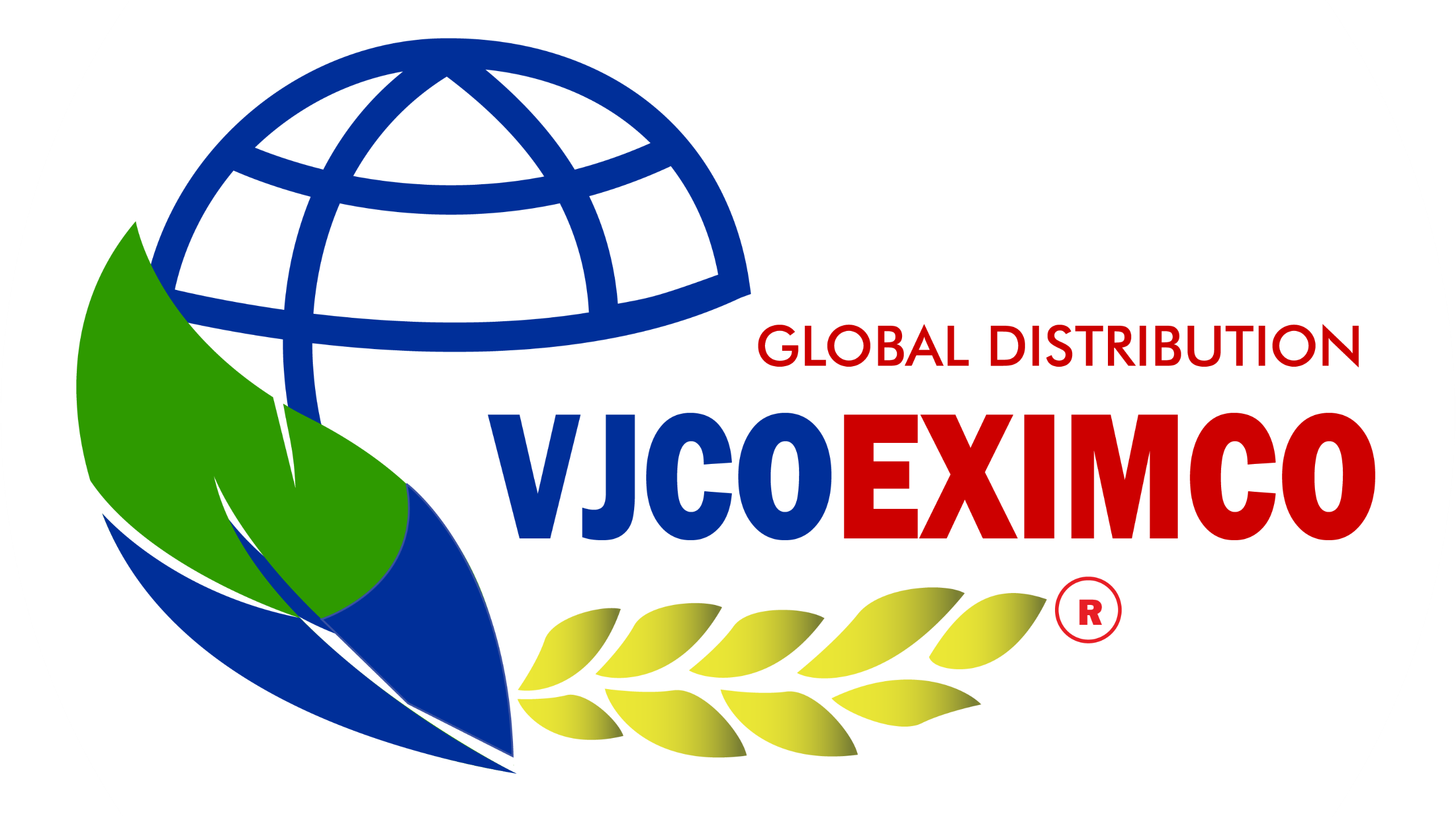Vietnam has solidified its position as one of the top coconut exporters globally, delivering high-quality products to international markets. With a focus on sustainability, innovation, and value-added processing, Vietnam’s coconut industry plays a vital role in the country’s agricultural economy.
Why Vietnam is a Global Leader in Coconut Exports
- Ideal Growing Conditions: Vietnam’s tropical climate, fertile soil, and abundant water resources, especially in the Mekong Delta, create perfect conditions for coconut cultivation.
- Diverse Coconut Varieties: Vietnam produces coconuts known for their sweet water, tender meat, and versatility in manufacturing coconut-based products.

Top Coconut Products Exported from Vietnam
Vietnamese coconuts are processed into a wide range of products to meet global demand:
- Fresh Coconuts: Enjoyed for their refreshing water and nutritional value.
- Desiccated Coconut: A staple in baking and confectionery.
- Coconut Oil: Used for cooking, cosmetics, and health products.
- Coconut Milk and Cream: Popular in food and beverage production.
- Coconut By-products: Including coir, shell charcoal, and eco-friendly bio-materials.

Key Export Markets for Vietnamese Coconuts
Vietnam exports coconuts to over 90 countries worldwide. Major markets include:
- United States: High demand for organic and natural products.
- European Union: Coconut oil and milk are sought after for their health benefits.
- China and Middle East: Strong demand for fresh coconuts and desiccated products.

Sustainability in Vietnam’s Coconut Industry
Vietnamese farmers and exporters are adopting sustainable practices such as organic farming, eco-friendly processing, and waste reduction. These efforts not only reduce the environmental impact but also enhance the appeal of Vietnamese coconuts in global markets.
Future Opportunities and Challenges
While Vietnam’s coconut exports continue to grow, the industry faces challenges such as:
- Price fluctuations in the global market.
- Competition from other coconut-producing nations like the Philippines and Indonesia.
- The need for advanced technology in processing and packaging.
However, Vietnam’s commitment to quality and innovation positions it to capitalize on opportunities, including the rising demand for plant-based and natural products worldwide.
Conclusion
Vietnam’s leadership in the global coconut export market is a testament to its agricultural strength, quality focus, and commitment to sustainability. As international demand for coconut products continues to rise, Vietnam is set to remain a preferred source of premium coconuts and innovative coconut-based products.



